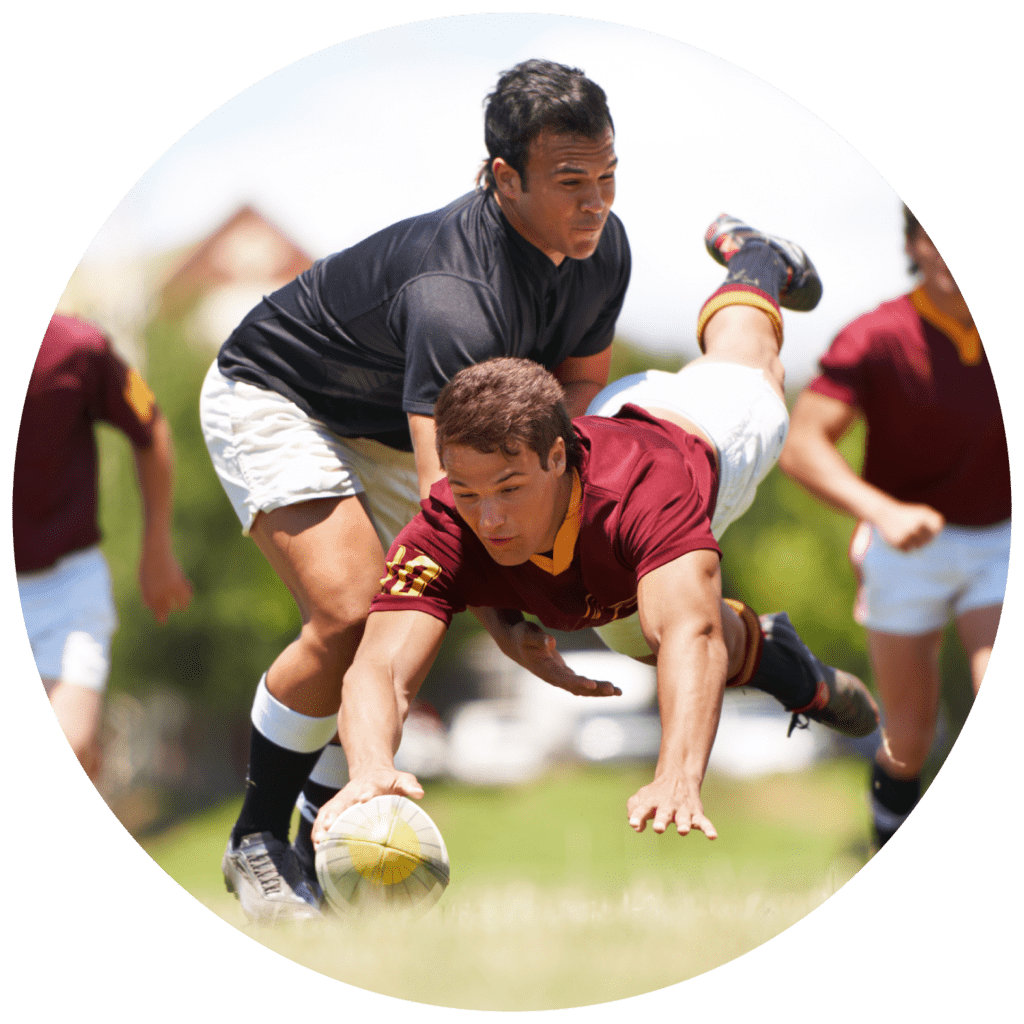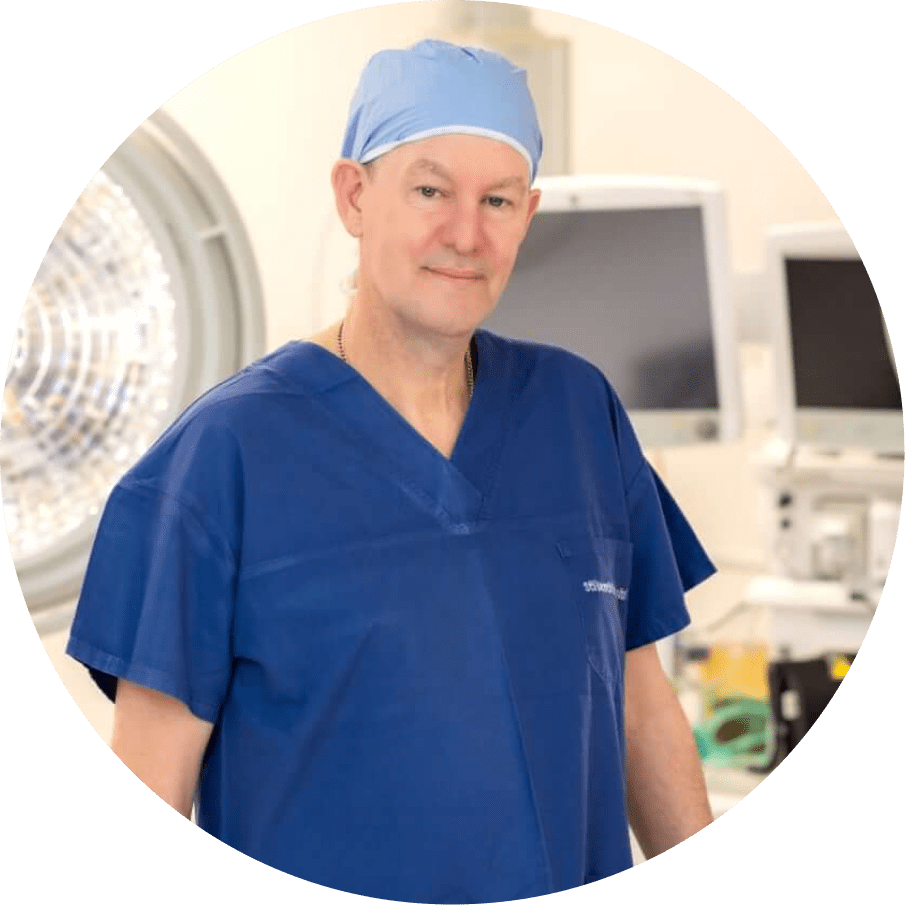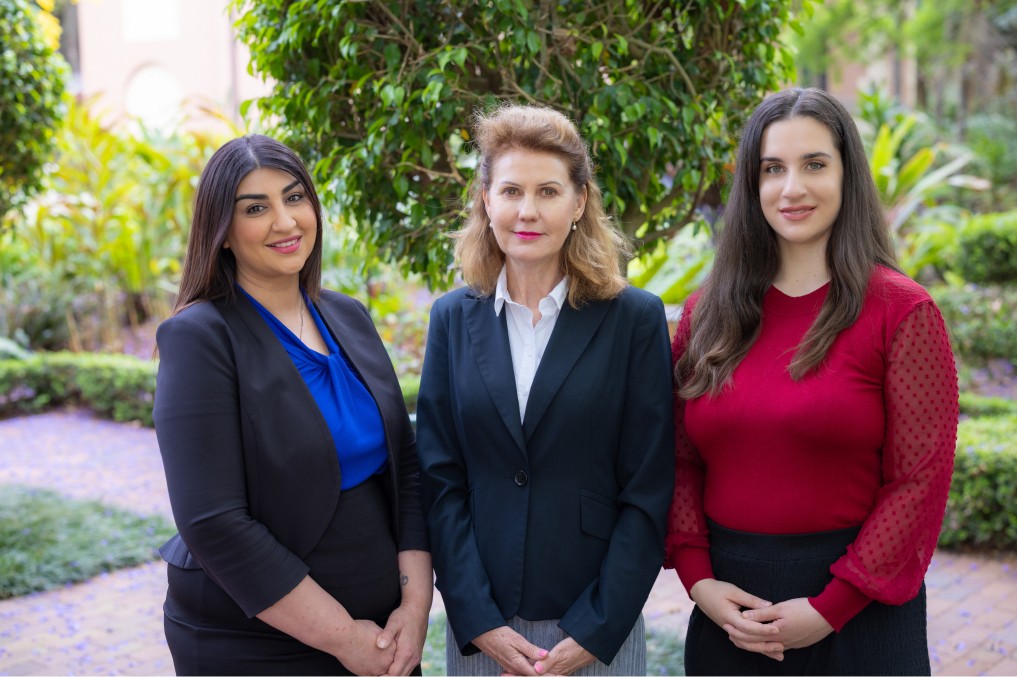
Because of their high contact and high speed nature, rugby can often result in a multitude of injuries. Virtually any part of the body can be damaged in both codes of the sport.
Dr Parkinson has a particular interest in sports injury surgery with a neurosurgical focus. He specialises in the treatment of spinal injuries and surgical conditions sustained during sport, and their treatment and rehabilitation. He has had the privilege of looking after many athletes and semi professional sports people.
Overview of common sport injuries, along with their causes and symptoms:
These are a type of traumatic brain injury (TBI) caused by a blow or jolt to the head. Symptoms can include headaches, confusion, dizziness, nausea, and, in severe cases, loss of consciousness. Concussions are particularly common in football and boxing.
Occurs when an athlete suffers a second concussion before the symptoms from an earlier concussion have subsided. This can lead to rapid and severe brain swelling, with catastrophic results.
This is a degenerative brain disease found in athletes, military veterans, and others with a history of repetitive brain trauma. In contact sports, it is often linked to repeated concussions. Symptoms can include memory loss, confusion, impaired judgment, aggression, depression, and, eventually, progressive dementia.
These injuries can occur from a direct blow to the spine or indirect trauma from twisting or compression forces. They are more common in sports like rugby league/union and AFL. Depending on the severity, they can lead to temporary or permanent changes in strength, sensation, and other body functions below the site of the injury.
Contact sports can also lead to nerve injuries, which can range from mild (causing temporary numbness or weakness) to severe (resulting in long-term loss of function or sensation). These injuries can be due to direct trauma or compression / entrapment of nerves.
Dr Parkinson has worked with Professor Hunt Batjer at Northwestern University in Chicago. Dr Batjer is appointed to the prestigious NFL Head Injury Committee, to study the immediate and late effects of head injuries in American NFL players. These findings have relevance to Australian contact sports, including rugby, soccer, and AFL football.
Dr Parkinson has consulted to the NRL on the implementation of head injury and concussion evaluation. Further research in Australia is ongoing.
This trauma can be submitted to the brain directly (e.g. a blow to the head) or indirectly (e.g. a tackle). Generally the effects of a concussion are only temporary, but can lead to disturbances like headaches, and effect memory, balance and coordination. In some instances it results in a loss of consciousness.
Even though these injuries are very common among sports players, it does cause a certain degree of damage to the brain.
Unfortunately, even though concussions are frequent rugby injuries, many players will continue to play and not miss any of the match.

MBBS, BMedSci, FRACS
Neurosurgeon & Spine Surgeon with 25+ Years Experience
He consults and operates from Sydney’s most advanced neurosurgical and spinal surgery hospitals, including St Vincent’s Private Hospital, Prince of Wales Private Hospital and The Mater Hospital.
These hospitals offer the latest neurosurgical facilities, including cutting-edge imaging equipment and surgical navigation systems, dedicated and well-trained theatre clinical staff, as well as post-surgical rehabilitation specialists.
A/Prof Parkinson’s areas of expertise include surgery of the entire spinal column, peripheral nerve surgery, as well as physical rehabilitation after surgery, and for athletes that have suffered brain or spinal injuries.
Please get in touch with our reception team if you have a general enquiry for A/Prof Parkinson, or your would like to book an appointment.
